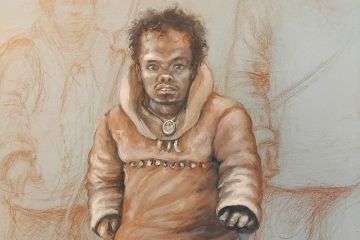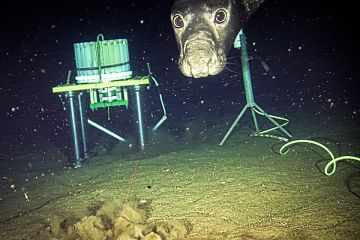Business student launched social startup to empower artisans
Co-op, Peter B. Gustavson School of Business, Graduate Studies
- Sasha Milam
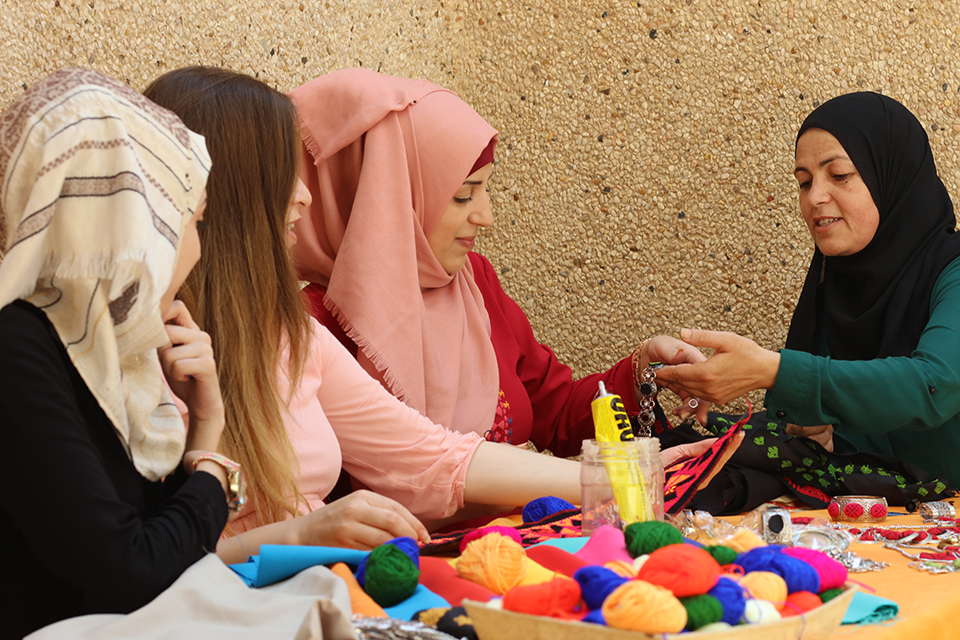
Dara Jarallah, a Master of Global Business (MGB) student at UVic’s Sardul S. Gill Graduate School of Business, has spent the last two years carefully tending her growing social start-up business, Shoppinglee. Her aim: to empower marginalized artisans around the world, starting with communities in her native Palestine.
“I want to break the cycle of dependency that so many artisans—especially women—are trapped in,” says Jarallah. “Shoppinglee was started to break these chains, to break out of the cycle that puts you in a position of dependency and cycle of weakness.”
Building connections globally
The business, founded in 2016 while Jarallah was completing her undergraduate degree, originally aimed to do this by offering an online platform that connected buyers around the world with artisanal products made in Palestine such as wall hangings, jewelry, clothing and handbags. As the determined young entrepreneur continued to build connections with communities around the world, however, the business soon added artisans and business partners in Haiti, then Peru.
Currently, Jarallah is completing an entrepreneurial co-op term in Jordan.
“Right now we have 13 organizations of different sizes that we partner with, some operating on global scales and some locally,” explains Jarallah. “This is an asset, as different organizations can offer support in different ways and strengthen the overall fabric of our social project.”
People, the fabric of the business
During her months in Jordan, this ability to build relationships and work with the tools available has been necessary to keep the project thriving.
“Infrastructure in shipping and logistics in Jordan is weak—it’s a reality in most countries in this region,” says Jarallah. As Shoppinglee relies on such infrastructure to efficiently export the goods crafted locally by artisans, this was potentially a major stumbling block. But instead of admitting that perhaps the project couldn’t scale or would need to be capped at a lower export point, she pivoted.
“I thought to myself, ‘No, we have an opportunity, we have relationships with people we want to work with, and this is not going to stop here,’” she says. In the end, the Jordan project added a graphic art component, selling digital designs that didn’t require physical shipping services.
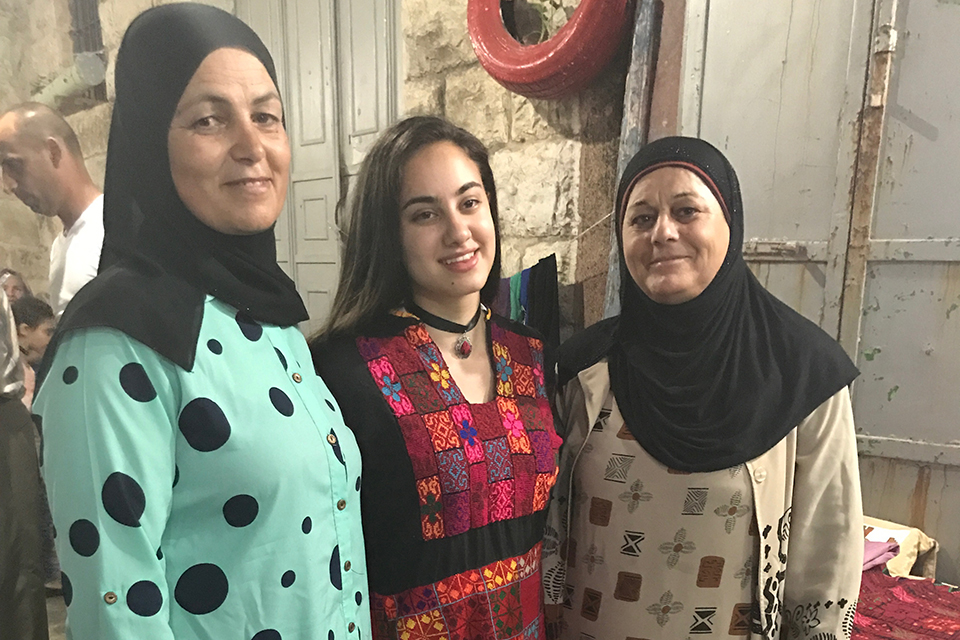
“Our network, the fabric of the business, is growing continuously and organically,” explains Jarallah. “In the Middle East, it’s a relationship-based community. It takes a lot of time to build relationships with these artisans. They invite me for coffee, I go to their homes, I meet all their grandkids, I’ve been to weddings—they become part of your family, and you become part of theirs. So when we shifted to include graphic designs, it was a natural extension to work with the children of these artisans. Plus, since it’s a very tight community, when I start working with one designer, that does not mean that I’m working with one designer. It means I’m working with her and all her neighbours!”
UVic program helped the start-up grow
With this community-focused approach taking place in various locations around the world, and Shoppinglee staff consisting of Jarallah and three volunteers in Toronto, the UK and US, one can imagine that things might be put on pause while Jarallah has been in school full time. The MGB program, moreover, spends a semester each on three different continents. How has she managed to keep things growing while handling school?
“It certainly took planning,” she admits, “especially with the different time zones. But when you’re doing something that you love as much as I love Shoppinglee, you don’t feel the time and weight in the same way. I had people around me who became friends and advisors, with international knowledge, who were talking with me on a daily basis, brainstorming with me, problem solving with me, so I think the MGB program actually helped the start-up grow.”
Creating returns for all involved
Her commitment to empowering artisans—and their families and communities—are not empty words for Jarallah. She does not pay herself from the business’ proceeds and doesn’t plan to even after graduation from the MGB program. Instead, she is starting a new position as a business development officer for an international technology company.
“Eventually, once the business model becomes more scaled, yes, I will pay myself a salary so I can do things sustainably,” she says. But she doesn’t see that happening imminently.
Each time we’re able to close a deal for Shoppinglee, this lump sum of money comes in. I could take 10 to 20 per cent of that and pay myself. But this 10 to 20 per cent could pay for someone to go to school for a whole year. And I don’t need that, because I have the time, energy and power to work and earn my own income that will support me. I don’t need much.
—Dara Jarallah, MGB student and entrepreneur
She may not need much, but Jarallah’s time invested in Shoppinglee is certainly creating returns for her and all involved in the project—whether in the form of income, international connections, business experience, or a deeper sense of purpose.
Learn more
Photos
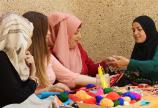
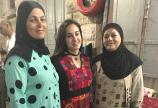
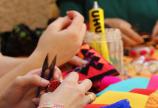
In this story
Keywords: international, business, co-op, graduate research, arts
People: Dara Jarallah

